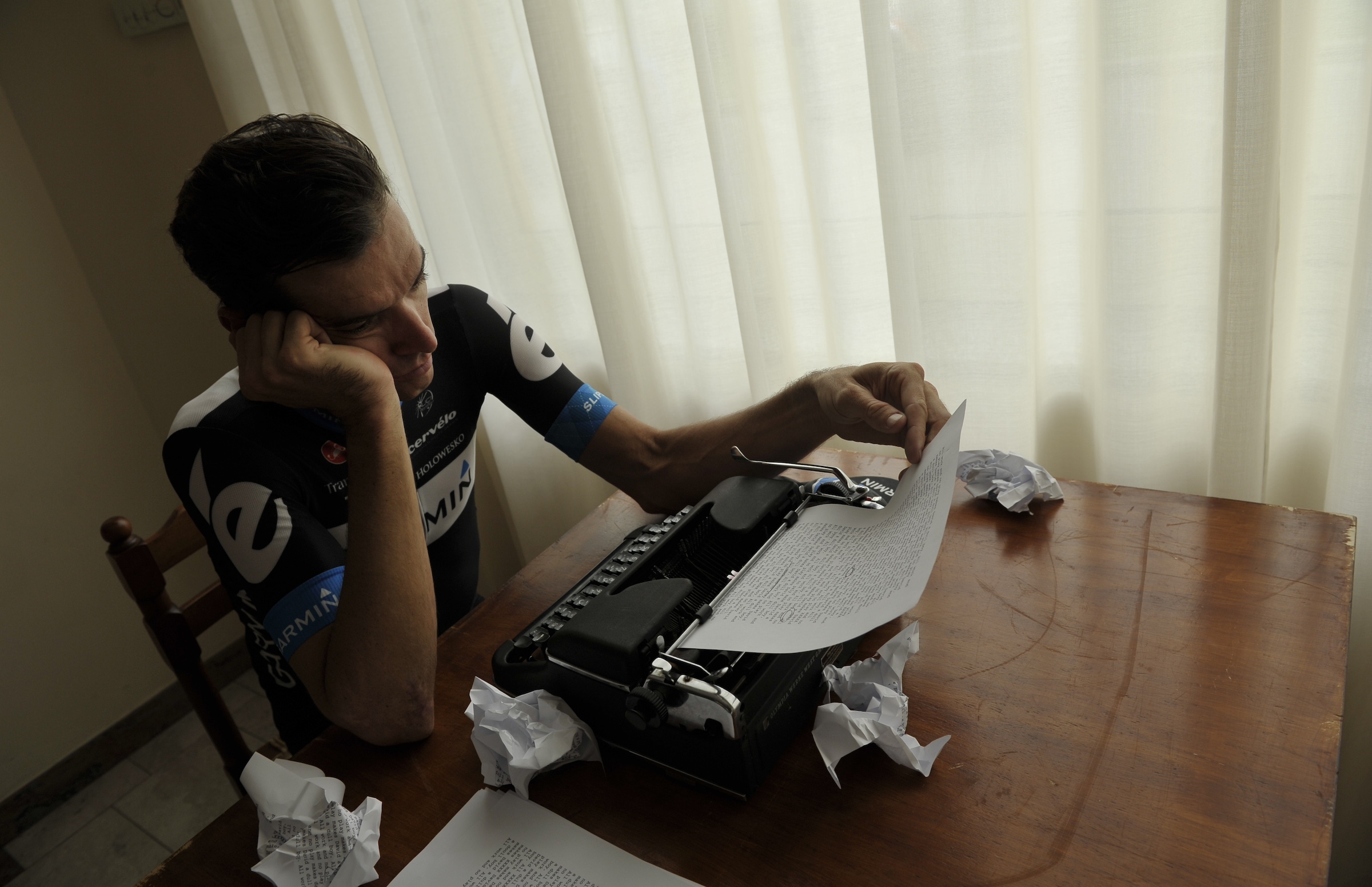The premise of National Novel Writing Month is seductively simple: Participants enter the month of November with an idea and leave it as a novelist. Just write 50,000 words over the course of 30 days—a rate of roughly 1,700 words a day. Anyone age 13 or older can take part, which is perhaps why my first introduction to what its adherents call NaNoWriMo came through Tumblr, where every November 1 seemingly half of my dashboard disappeared overnight.
For 30 days and 30 nights, my mutuals tinkered away at their novels (and then snuck back onto Tumblr to complain about how hard that tinkering was). They asked me to yell at them if I saw them posting. And then, one by one, they gave up their novels and returned to replenishing my feeds with One Direction GIFs and essays on colonialism in the Avatar: The Last Airbender universe. Over time I got the impression that NaNoWriMo was more of a community-building enterprise than a pure literary one. I was never tempted to take part myself. Mostly out of laziness, but I was also never quite convinced that any novel I wrote in a month could be very good. And I had trouble swallowing the concept of participating in something as heinously named as NaNoWriMo.
Still, I always looked forward to the yearly ritual. Every writer (not so) secretly loves to see other writers complaining about hard writing is, and November offered a veritable cornucopia of that. But the best part of NaNoWriMo always came when it ended and my feeds would be flooded with fanfiction riches—usually tagged with a sheepish explanation that amounted to I wrote this instead of my novel. This was always presented with a sense of failure that I never quite understood. To me, this was a perfect use case of NaNoWriMo. Not just because I, the reader, benefited from it, but because I believe writing is the end, not the means. Any writing done is better than no writing done. Besides, what's more writerly than blowing through a deadline?
Since then, I’ve had a sneaking suspicion that NaNoWriMo was far more about the aesthetics of writing than the practice of it, a suspicion which has only been confirmed by the nonprofit organization’s recent statement on the use of artificial intelligence writing assistants during their yearly challenge. In a since-edited blog post, NaNoWriMo stated that it “does not explicitly support any specific approach to writing, nor does it explicitly condemn any approach, including the use of AI.” They “recognize and respect writers who believe that AI tools are right for them.” The statement goes on to suggest that banning AI “would be to ignore classist and ableist issues surrounding the use of the technology.”
“Not all brains have same abilities and not all writers function at the same level of education or proficiency in the language in which they are writing,” NaNoWriMo wrote. “Some brains and ability levels require outside help or accommodations to achieve certain goals.”
The backlash was nearly immediate. Two writers stepped down from their positions on NaNoWriMo boards, including science fiction and fantasy writer Daniel José Older. In his statement, Older also pointed out that NaNoWriMo is sponsored by an AI-assisted writing aid, ProWritingAid, which was confirmed by the Washington Post. The CEO of ProWriting Aid told the Post, “We fundamentally disagree with the sentiment that criticism of AI tools is inherently ableist or classist. We believe that writers’ concerns about the role of AI are valid and deserve thoughtful consideration.”
NaNoWriMo has since published a second statement that laments the “vitriolic" debates that they incited. “Taking a position of neutrality was not an abandonment of writers’ legitimate concerns about AI,” they wrote. “It was an acknowledgment that NaNoWriMo can’t maintain a civil, inclusive community if we allow selective intolerance. We absolutely believe that AI must be discussed and that its ethical use must be advocated-for. What we don’t believe is that NaNoWriMo belongs at the forefront of that conversation.”
It’s all disappointing, if not necessarily surprising from an event that always seemed to prioritize a novel being completed over it being good. After all, what generative AI tools like ChatGPT and Midjourney offer are shortcuts to the finish line—the rewards of being an artist without requiring any of the discipline it takes to make your art better. I can understand why AI companies and their champions find it irrelevant that the finished product they’re selling is a six-fingered Frankenstein’s monster, stolen organs and all: It’s clear at this point that they never cared that much about art in the first place. What’s becoming clearer is who else didn’t.





